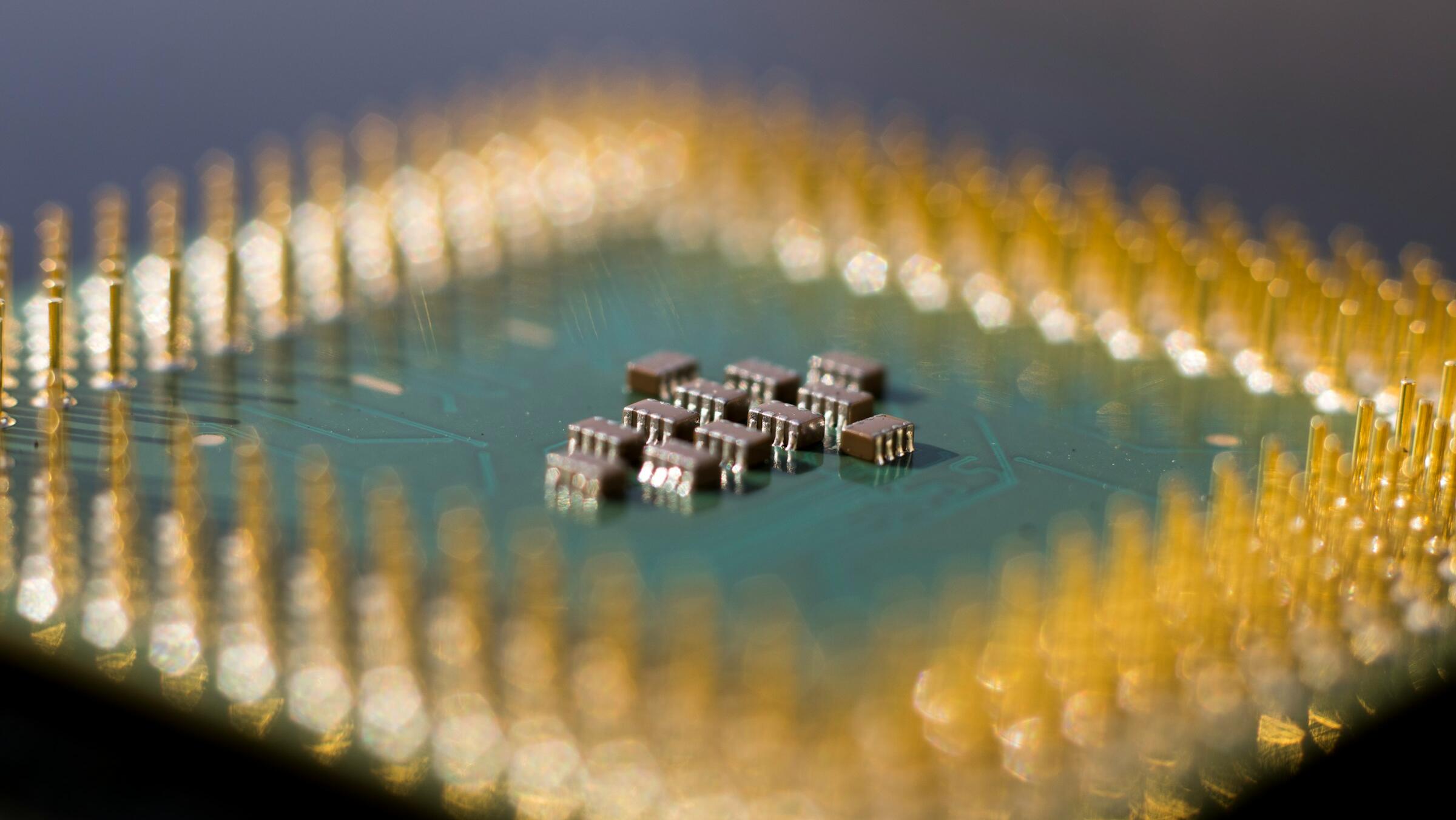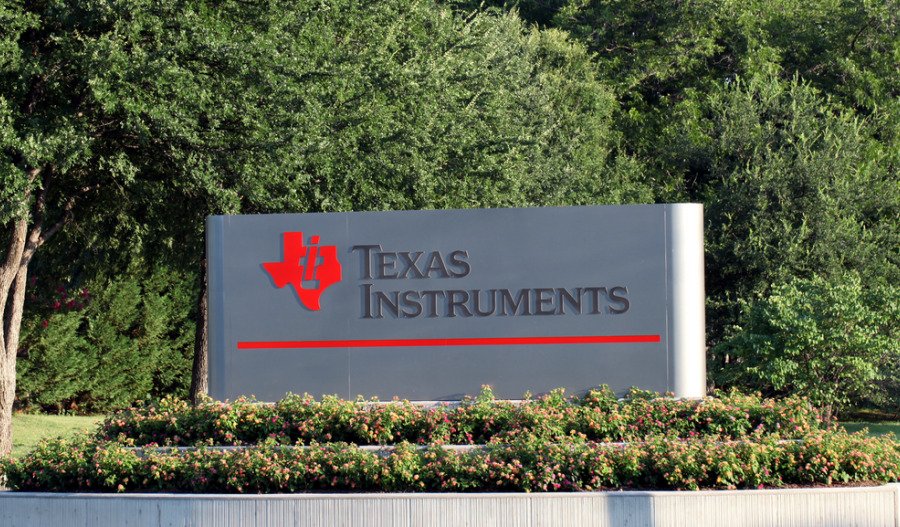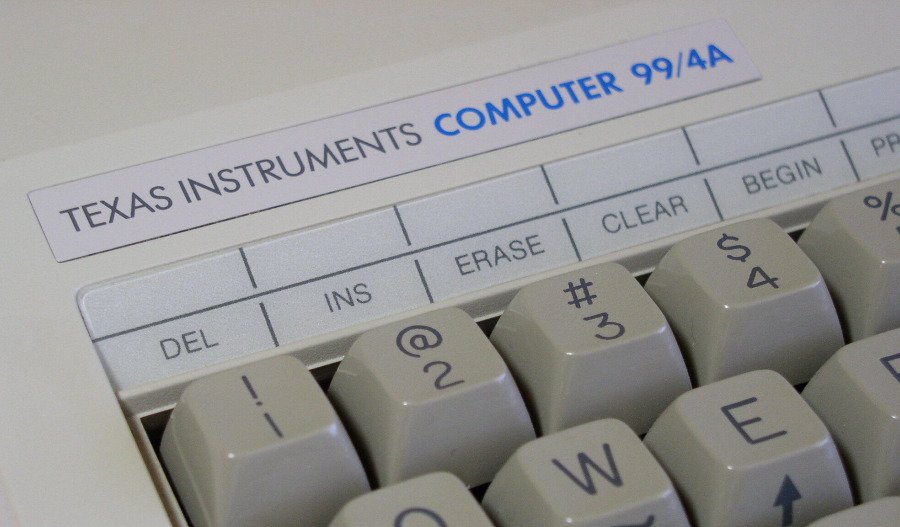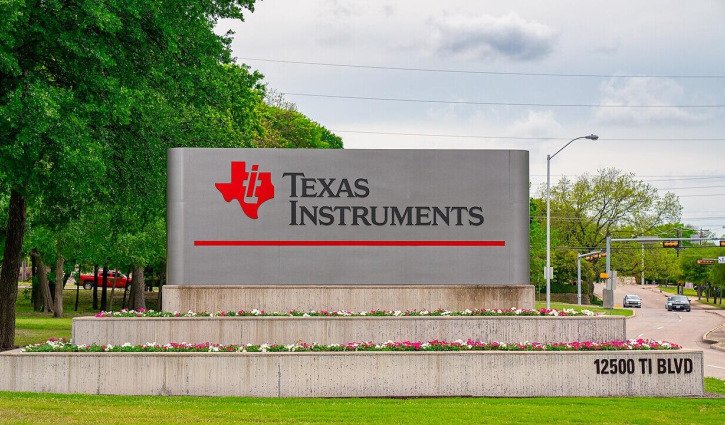Shares in Texas Instruments (NASDAQ: TXN) were up 1.2% yesterday after the Dallas-based chipmaker revealed plans to invest more than US$60 billion in seven United States-based semiconductor manufacturing facilities.
This substantial investment, hailed by the company as the largest investment in foundational semiconductor manufacturing by a single company in US history, aims to strengthen domestic manufacturing and collaborate with companies like Ford, Medtronic, and NVIDIA.
The investment is expected to create 60,000 new jobs with large-scale semiconductor fabrication plants across three manufacturing sites in Utah and Texas - and potentially bolster its revenue and earnings forecasts.
While the company is currently the largest foundational semiconductor manufacturer in the U.S., this new major investment is expected to enhance production capabilities and fortify the company's market position amidst recovering industrial and automotive demand.
The company expects the investment to help create a domestic supply chain that supports semiconductor needs for everything from vehicles to smartphones and data centres.
In Sherman, Texas, the company’s first new fab will begin initial production this year, while construction is complete on the exterior shell of a second facility.
The company also plans two additional fabs at this location.
In Richardson, Texas, TI continues to ramp up production at its second fab, RFAB2, while in Lehi, Utah, the company is increasing production at its first 300mm wafer fab and constructing a second connected facility.
Over a five-year period, Texas Instruments' total shareholder return, including dividends, was 79.59%.
Plans by Texas Instruments to develop seven chip-building facilities were on the drawing board well before Donald Trump became U.S. President.
In addition to boosting in-house manufacturing, these new facilities are also expected to stave off rising competition from Chinese analogue chipmakers.
Unlike AI chip firms NVIDIA (NVDA.O) and AMD (AMD.O), Texas Instruments makes foundational chips used in everyday devices such as smartphones, cars and medical devices, giving it a large client base that includes Apple (AAPL.O), SpaceX and Ford Motor (F.N).
Texas Instruments' announced spending plan follows similar announcements by other semiconductor industry players, including Micron (MU.O), which last week said it would expand its U.S. investment by US$30 billion, taking its planned spending to US$200 billion.



